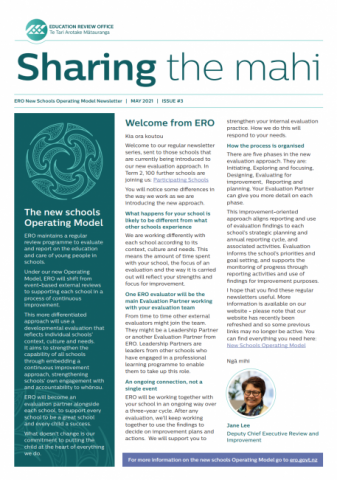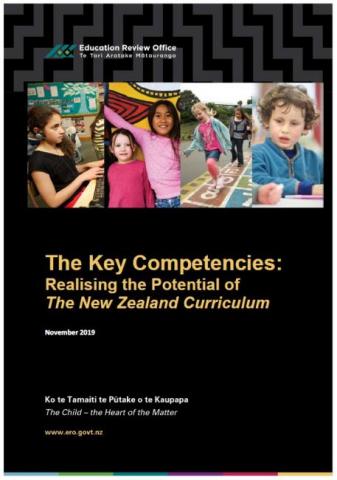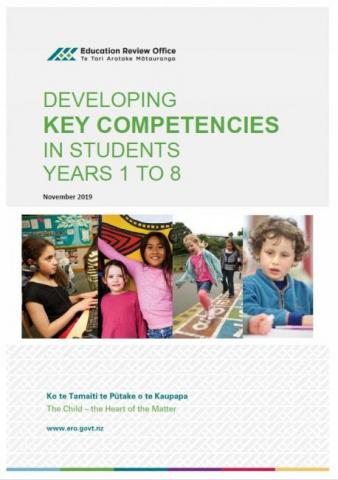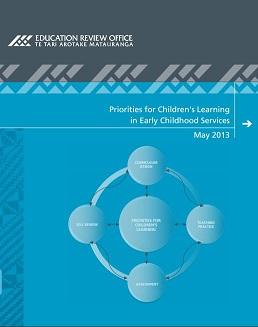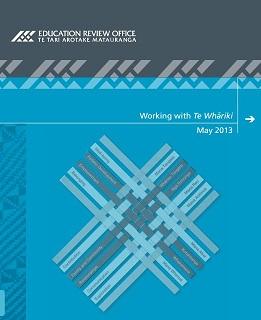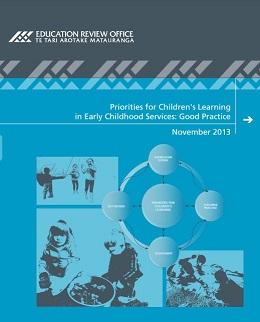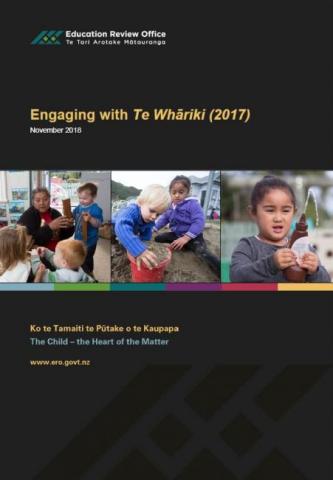Sharing the mahi - ERO New Schools Operating Model Newsletter - April 2021 - Issue #2
Published: 15 Apr 2021
This newsletter was sent to school's participating in the New School's Operating Model.
- Audience:
- Education
- Schools
- Content type:
- Basic page
- Topics:
- State schools
- Integrated schools
